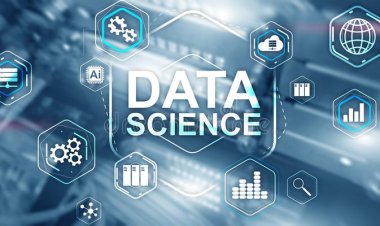Science
If you're looking for information in the fields of science, technology, or medicine, look no farther than ScienceDirect. Research the scholarly literature.
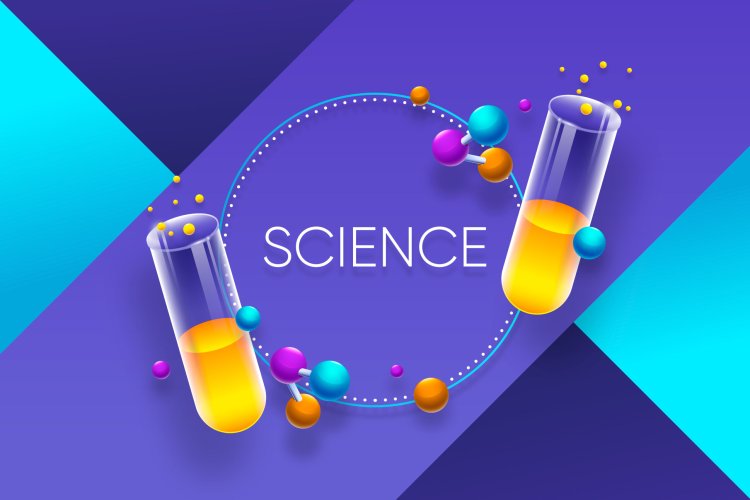
SCIENCE DEFINITION
The scientific method is a way of gaining knowledge about the world around us by observing and experimenting with it. Evidence is the most important thing in a scientific field. Scientists are those who engage in the study of science and who employ scientific methods and frameworks in their pursuit of knowledge.
To get a handle on science...
Science is the process of learning about the natural world through observation and experimentation.
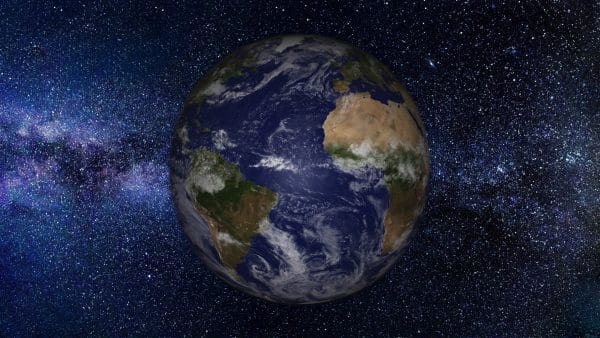
It's a common stereotype that scientists in movies and TV programs just throw chemicals together to create bizarre potions. That is completely not the case. True scientists take their work very seriously and are meticulous in their approach.
They pose important questions that can be investigated further. To examine and investigate the natural environment, they employ specialized equipment and techniques. Researchers take meticulous notes on their results so that their work can be replicated by other researchers. They publish their findings and discuss the discoveries of others in the scientific community.
Investigations provide evidence that scientists can use to support their hypotheses and conclusions about the natural world. Experiments and observations of the natural world are both possible components of an investigation. Researchers rely on scientific methods in their daily work. Among these are:
- By posing queries and outlining issues,
- Modeling and its use
- Organizing and conducting probes
- Interpreting and analyzing data
- by the use of computing and mathematical reasoning
- Developing Rationales
- Using reasoning based on evidence
- Information gathering, processing, and dissemination
These steps are not necessarily performed in this order, and scientists do not always perform all of them. It's more of an overarching strategy for gathering, analyzing, and disseminating information.
The more evidence we have about a theory the more confident we are about it.
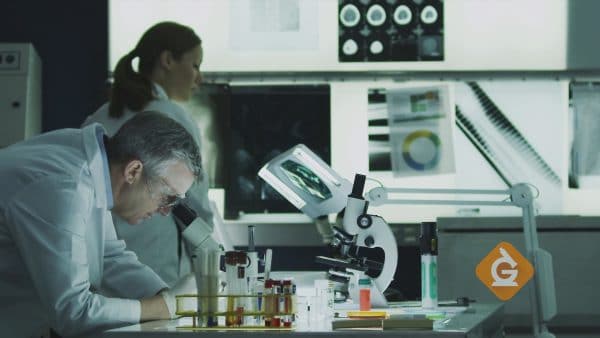
Scientists collect information about the natural world through their investigations.
The hypothesis may be developed into a theory if sufficient evidence is gathered to back it up. Theories are continually put to the test, and sometimes, when enough evidence is accumulated, they gain widespread acceptance. However, there are situations when it is not accepted because of contradicting evidence.
Scientists must be open to considering alternative explanations and revising their original conclusions.
You must be willing to change your mind based on new evidence.
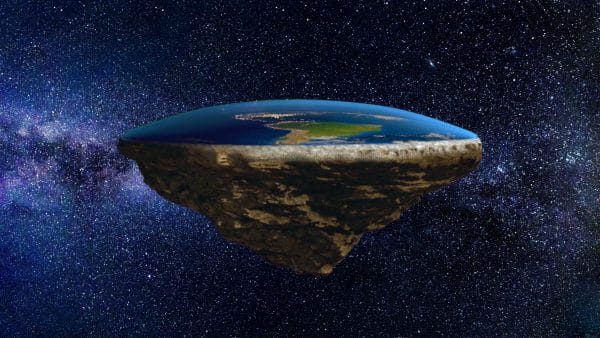
Experiments are a common way for scientists to get new evidence. New scientific findings often lead to the abandonment of long-held views.
Some long-held assumptions no longer sit comfortably with us. The idea that Earth was flat persisted for centuries. It seemed like a good idea at the time, but further research disproved that theory.
Researchers in the scientific community need to keep an open mind while considering new information and hunt for alternate answers.
Many things around us appear to be science but are not.

Science is not palm reading, magic tricks, or making accurate predictions with a magic 8 ball. Without supporting proof, scientific assertions cannot be made.
It's not uncommon, for instance, for astronomy and astrology to be mistaken for one another. As a branch of science, astronomy is concerned with the universe beyond Earth. Some people put stock in the study of astrology's focus on the motion and positioning of the stars as a means of predicting human behavior. Due to a lack of empirical data, astrology cannot be considered a scientific discipline.
There are many different types of science that apply to the world around us.

There are numerous subdisciplines within the field of science, and these subdisciplines are further subdivided.
Physics (the study of matter and forces), chemistry (the study of molecules), and astronomy (the study of the cosmos) are all examples of the physical sciences. Botany (the study of plants), zoology (the study of animals), and paleontology (the study of fossils) are all examples of the life sciences.









